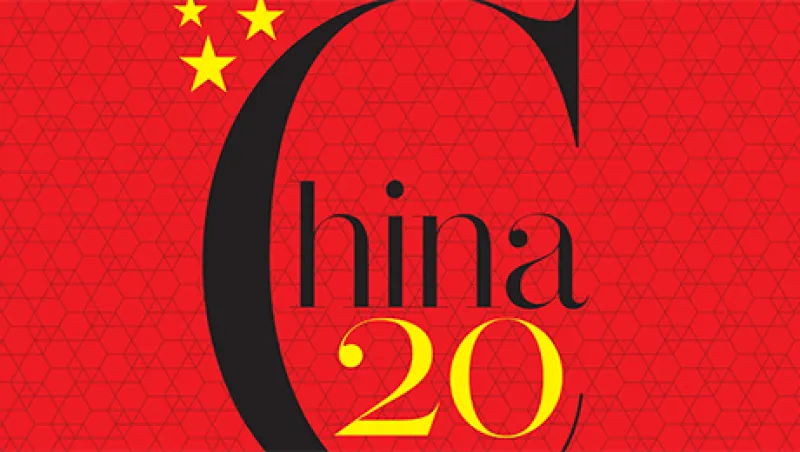
Financial Liberalization Gives a Big Boost to Chinese Fund Managers
Top firms in II’s China 20 reap big asset gains as regulators allow a proliferation of new product offerings.
Eric Johnson
September 30, 2013


